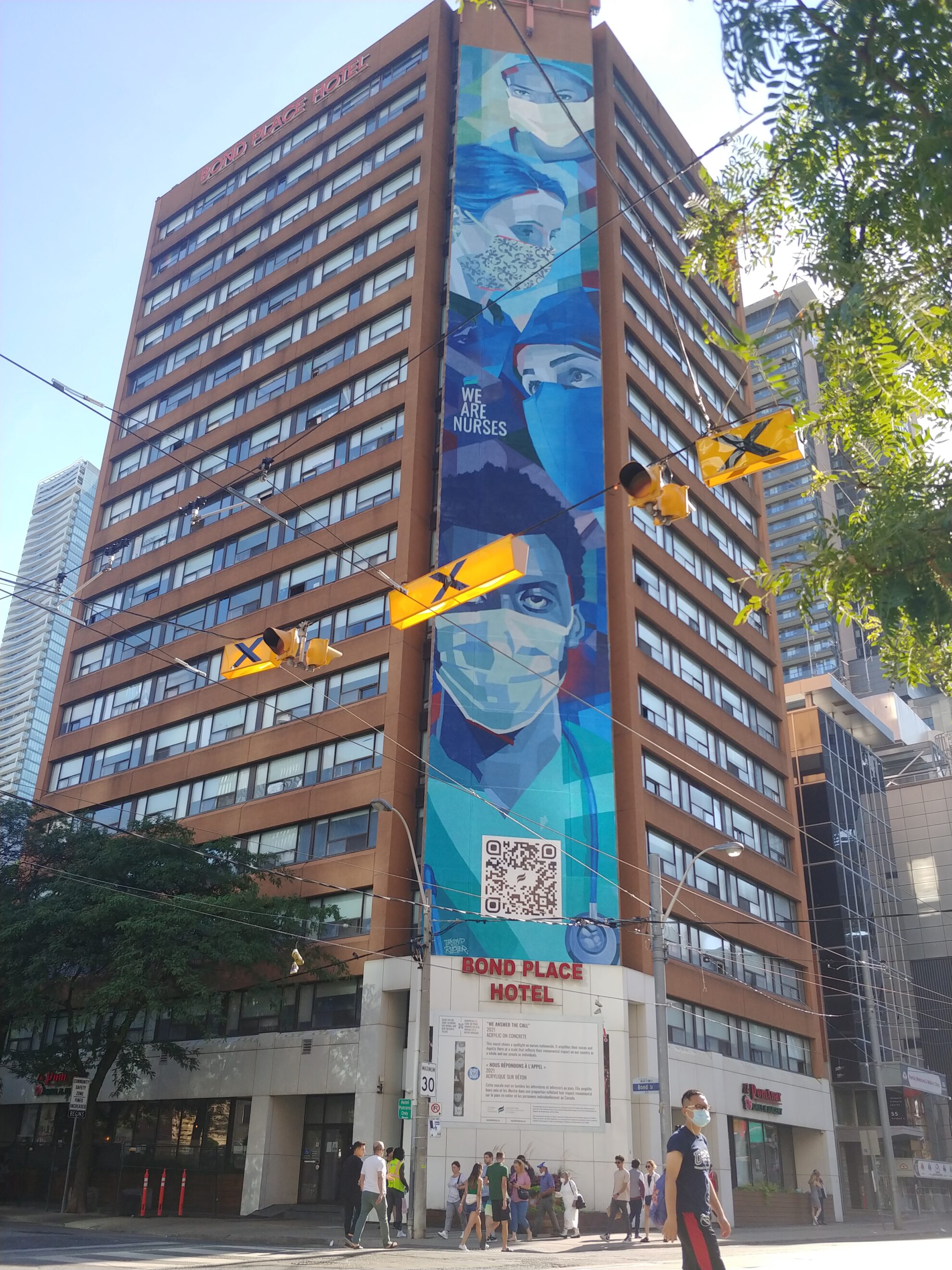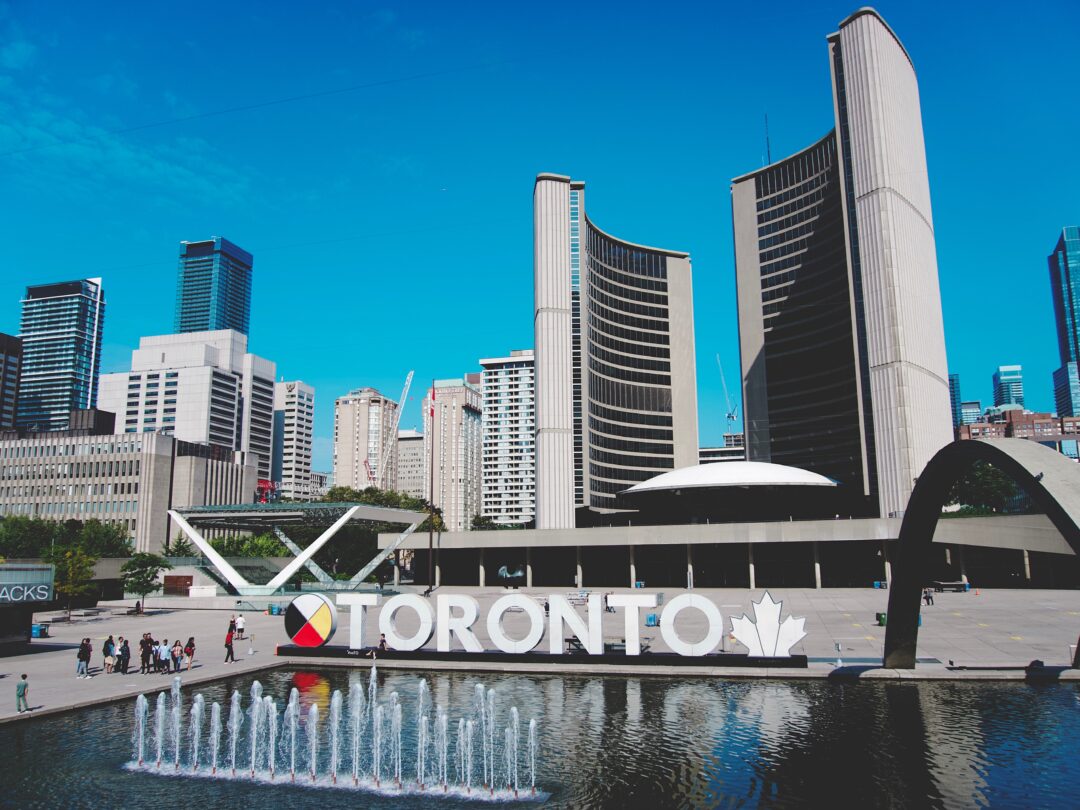By Andre Bermon –
To accommodate the Novotel owner’s request to re-start hotel operations, the City of Toronto is closing its temporary homeless shelter at 45 The Esplanade months before a lease extension to April 2023 that City Council approved.
No additional residents have been admitted since October 12 to prepare for the scheduled decommission by December 31, a city news release said.
According to the Novotel lease, the city is required to restore the site to its prior condition. A city spokesperson said external consultants are being engaged to inspect the property and assist with determining the cost of restoration.
Estimated restoration costs were presented to Council in April 2022 in a confidential attachment as part of the Covid-19 Shelter Transition and Relocation Plan. The attachment outlined the city’s negotiation strategies, but revealing its contents would compromise the city’s position, a city spokesperson said.
Details will be released, along with the total costs of restoration, after the facility is vacated at the end of the year.
As of October 20, residents living at 45 The Esplanade numbered 231. City staff said “individual relocation” plans are being developed with the shelter’s non-profit operator, Homes First Society. This could see residents placed into permanent housing or relocated to other shelters.
Toronto’s shelter system is near capacity on most nights, often with fewer than 50 beds available across the city. Demand for space is expected to rise with the approach of winter.
To increase capacity in the city’s base shelter system, beds are being moved closer together. Covid-19 social distancing requirements of 2.0 metres between beds cut the base shelter system capacity by 40 per cent, from 4,900 spaces to 2,900 spaces. Reducing separation by 0.75 to 1.25 metres is expected to increase capacity by 500 beds. Revision to one metre separation would add 1,100 beds, but Public Health does not recommend that at this time.
In tandem with new separation guidelines, the city says 400 new affordable “homes” with supports are anticipated to be available this winter. Many of these homes were procured by the federal government’s Rapid Housing Initiative (RHI) and are prioritized for people in emergency shelters or living in outdoor encampments.
Toronto has already received over $440 million under the first two phases of RHI, from a total $1 billion grant. The money is used to acquire land for modular housing, including purchasing existing buildings like hotels to be converted into supportive housing.
The city recently bought 65 Dundas Street East, formerly the Bond Place Hotel, for $94 million. Like the Novotel and the Strathcona Hotel on York Street, Bond Place was owned by the Silver Hotel Group and leased by the city for a homeless shelter since August 2020.
Shelter services at 65 Dundas are to be gradually phased out and residents supported elsewhere during renovations. The city plans to create approximately 280 affordable and deeply affordable units making the base purchase price $335,714 per unit before renovation.
In contrast, one of the city’s modular housing projects, announced in April 2020, had an initial cost of $47.5 million for 250 units – $190,000 per unit. According to a city spokesperson, the city was able to purchase Bond Pace for below its appraised fair market value.
Permanent residents are expected to begin moving in next spring.




